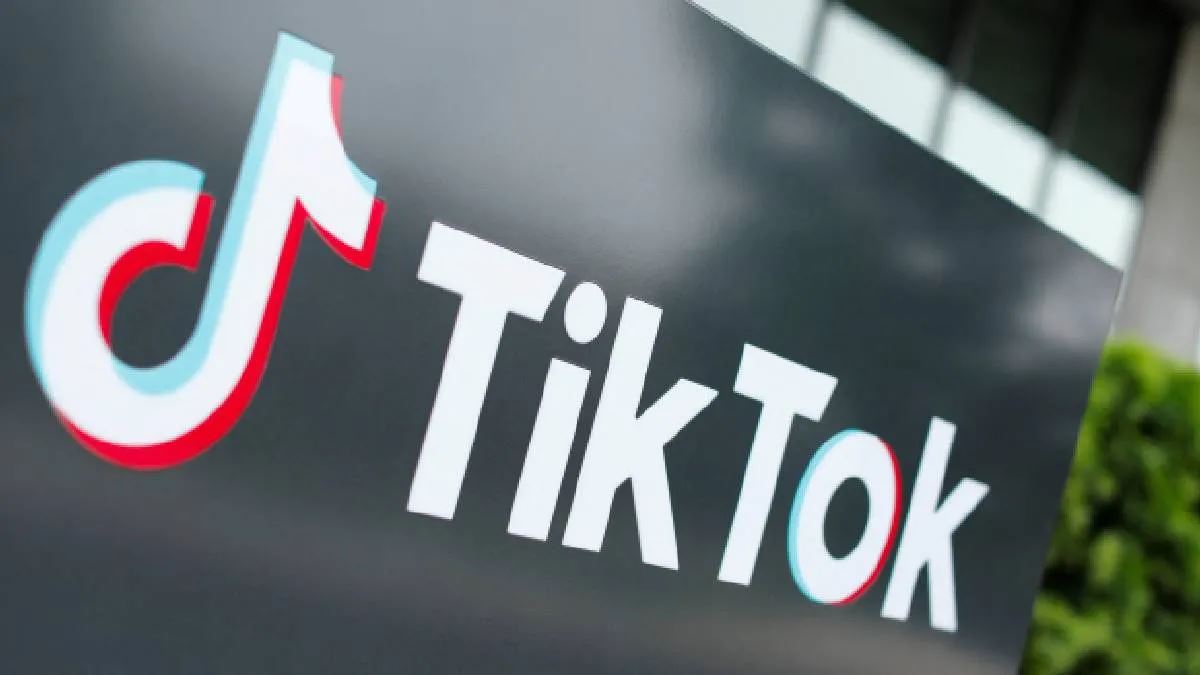Artificial Intelligence and Machine Learning are no longer just futuristic ideas — they’re deeply embedded in our workplaces, devices, and daily routines. These technologies are reshaping how we live, learn, and work, triggering one of the most significant shifts in the history of employment.
Generative AI is playing a key role in transforming both creative and analytical job landscapes.
The question on many minds is: “Will AI take my job?”
The answer?Not entirely — but it will bring about significant change
Instead of replacing humans, AI functions as a transformative force that enhances and accelerates their effectiveness. It’s automating repetitive processes, augmenting human potential, and opening the door to entirely new industries. The key lies in understanding which skills will not only survive but thrive in this new AI-driven world.
Jobs Most at Risk: Automation Hits Routine Work First
AI excels at tasks that are repetitive, rule-based, and data-heavy. This means jobs with predictable patterns are the most susceptible to automation, including:
AI-generated content is rapidly replacing manual, repetitive, and templated tasks in various industries.
- Data entry operators
- Basic customer support representatives
- Manufacturing line workers
- Telemarketers
- Bookkeepers and clerks
But don’t panic. Automation in these areas paves the way for higher-value, cognitive roles like automation supervisors, data strategists, and customer experience designers. Routine jobs may fade, but problem-solving and analytical roles rise in their place.
Skills That Will Survive (and Thrive)
1. Emotional Intelligence (EI)
Machines may detect tone or sentiment, but they don’t truly feel. Human-centric roles like:
- Healthcare providers
- Therapists and counselors
- Educators and trainers
- Organizational leaders
…require empathy, compassion, and emotional awareness — traits uniquely human and difficult to replicate with algorithms.
2. Critical Thinking & Complex Problem-Solving
AI can crunch numbers, but it can’t make nuanced decisions in uncertain situations. Roles requiring ethical judgment, strategic foresight, and decision-making — like:
- Legal professionals
- Policy makers
- Crisis managers
- Business strategists
— Human intellect and contextual awareness will remain indispensable.
3. Creativity and Innovation
AI can help compose music or write articles, but it lacks original inspiration. From writing novels and coding video games to designing brands and imagining future cities, creative skills are irreplaceable. The human mind is still the ultimate innovation engine.
4. Tech Fluency & Data Literacy
You don’t need to be a programmer, but understanding how to work with AI will be fundamental. Skills that every future worker will need:
- Reading data dashboards
- Using AI-powered tools
- Communicating with cross-functional tech teams
- Understanding ethical implications of automation
Being digitally literate is no longer optional — it’s a career essential.
5. Lifelong Learning & Adaptability
In the fast-evolving job market, the best skill is learning how to learn. Professionals who reskill and upskill regularly will ride the wave of transformation instead of being swept away by it.
Generative AI is evolving rapidly, making continuous learning crucial for staying professionally relevant.
- Online certifications
- Hands-on workshops
- AI literacy programs
- Micro-credentials and MOOCs
The mindset of constant reinvention will future-proof your career.
Emerging Job Roles in the AI Era
As traditional roles evolve or disappear, new and exciting jobs are emerging that blend human soft skills with technical fluency:
- AI Ethicist: Oversees ethical frameworks in machine learning
- Data Privacy Analyst: Guards consumer information and compliance
- Human-Machine Teaming Manager: Enables strategic coordination between human expertise and AI-driven agents to enhance operational synergy.
- Prompt Engineer: Designs inputs to maximize AI performance (especially in tools like ChatGPT)
- Automation Consultant: Guides organizations through AI transitions
These roles combine the best of both worlds — human oversight and machine speed.
Embracing the Human-AI Partnership
As AI continues to evolve, it’s becoming increasingly clear that the future of work will be shaped by collaboration, not competition, between humans and machines. AI is exceptional at analyzing data, recognizing patterns, and performing repetitive tasks with precision but it lacks intuition, values, and purpose. These are the very traits that make human workers indispensable.
The future of creative AI will still require emotional intelligence and ethical judgment that machines can’t replicate.
In industries such as healthcare, education, law, and creative arts, AI can act as a powerful assistant — but the final judgment, the ethical decision, the spark of innovation still rests with people. For example, a medical AI can suggest diagnoses based on data, but only a doctor can understand a patient’s fears and life context to make a compassionate, informed decision. Likewise, an AI can generate artwork or music, but it’s the human who infuses it with soul and meaning.
Moreover, as workplaces become more digitally integrated, interdisciplinary collaboration will rise. Workers who combine soft skills, domain expertise, and tech awareness will become invaluable bridges between teams and technologies. This means the most future-ready individuals are those who are not only skilled — but also curious, empathetic, and agile.
Ultimately, the rise of AI doesn’t diminish human value it magnifies it in new ways.
Conclusion: The Human Edge in the AI World
AI and ML will undoubtedly reshape the employment landscape, but they won’t erase human contributions. Instead, they will redefine our roles and unlock new possibilities. The future of work isn’t man vs. machine — it’s man with machine.
Generative models may assist in content and strategy, but it’s the human experience that brings authenticity.
So, if you’re wondering what to do next in your career…
Stay curious
Stay creative
Stay human
As we step further into the era of intelligent machines, the most valuable professionals will be those who can balance technical fluency with human intuition. Success in the AI age isn’t about outcompeting algorithms — it’s about doing what machines can’t. Whether it’s leading with empathy, innovating with imagination, or navigating uncertainty with wisdom, the human edge will always matter. The future doesn’t belong to the most automated, it belongs to the most adaptable.




















